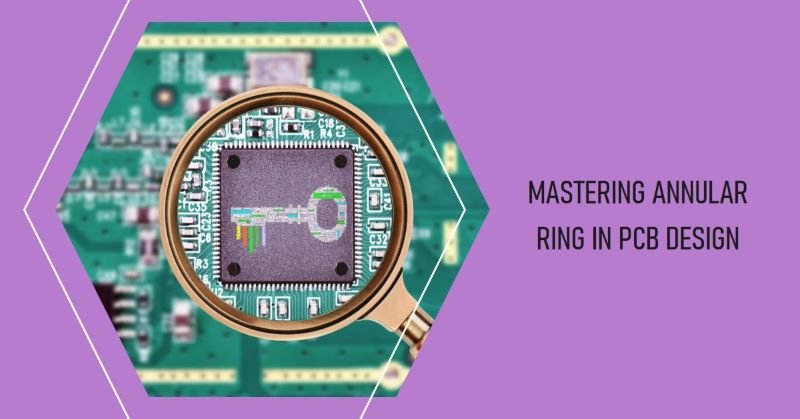Companies Building Automation (AI) Tools for Hardware/PCB Design
The integration of Artificial Intelligence (AI) into PCB design is revolutionizing the way engineers approach circuit board creation, enhancing efficiency, accuracy, and innovation. Various companies around the globe are leading this transformation by developing advanced AI-driven tools. Here’s a look at some of the key players in this field and their contributions:
1. JITX (USA)
JITX is a US-based company at the forefront of automating PCB design. Leveraging AI, JITX aims to streamline the design process by automating repetitive tasks and optimizing board layouts. Their platform enables engineers to specify design requirements, after which the AI generates and iterates on the design, significantly reducing development time and improving performance.
2. Contunity Now Celus (GERMANY)
Contunity, now known as Celus, is a German company transforming PCB design through AI-driven automation. Celus’s platform automates the creation of electronic schematics and PCB layouts. By using AI algorithms, it reduces manual effort and minimizes errors, allowing engineers to focus on more strategic tasks. Celus is particularly noted for its ability to quickly generate alternative design options, enhancing design flexibility and innovation.
3. Flux AI PCB Design Tool with Copilot
Flux AI offers a cutting-edge PCB design tool equipped with Copilot, an AI assistant designed to support engineers throughout the design process. Copilot uses AI to provide real-time suggestions, automate routing, and ensure design rule compliance. Flux AI’s platform integrates seamlessly with existing design workflows, making it a powerful tool for enhancing productivity and precision.
4. CADY: AI-Based Schematic Inspection Tool
CADY is a specialized AI tool focused on schematic inspection. This tool uses advanced algorithms to analyze schematics for errors and inconsistencies, ensuring designs are robust and error-free before moving to the production phase. CADY’s ability to detect potential issues early in the design process helps in reducing costly revisions and improving overall design quality.
5. Circuit Tree (INDIA)
Based in India, Circuit Tree is an AI-driven platform that automates the generation of PCB layouts and schematics. The platform allows engineers to input design specifications and then uses AI to create optimized designs, significantly speeding up the design cycle. Circuit Tree’s automation capabilities help in reducing manual workload and increasing design accuracy.
6. CircuitMind (UK)
CircuitMind, a UK-based company, focuses on using AI to automate and enhance the PCB design process. Their platform aims to reduce the time and effort required to develop complex electronic circuits by automating repetitive tasks and suggesting optimal design solutions. CircuitMind’s AI algorithms help in improving design efficiency and ensuring high-quality outcomes.
7. Zuken, PCB Design Using AI (JAPAN)
Zuken is a Japanese company that integrates AI into its PCB design solutions to enhance automation and precision. Zuken’s tools utilize AI to optimize routing, component placement, and design verification. By incorporating AI, Zuken aims to improve the overall design process, making it faster and more efficient, while reducing the potential for human error.
8. InstaDeep (London)
InstaDeep, based in London, applies AI to a variety of fields, including PCB design. Their AI-powered tools focus on optimizing design workflows and improving decision-making processes. InstaDeep’s solutions help in accelerating the design process, ensuring designs meet all specified requirements and enhancing overall productivity.
9. Gumstix Geppetto (USA)
Gumstix Geppetto is an innovative platform from the USA that utilizes AI to simplify and expedite the PCB design process. Geppetto allows users to drag and drop components onto a virtual board, with AI handling the complex routing and design rule checks. This approach makes PCB design accessible to a wider audience, including those with limited design experience.
Conclusion
In conclusion, The integration of AI into PCB design is creating significant advancements in how electronic circuits are developed. Companies like JITX, Celus, Flux AI, CADY, Circuit Tree, CircuitMind, Zuken, InstaDeep, and Gumstix Geppetto are at the forefront of this revolution, offering tools that automate and enhance various aspects of the design process. By leveraging AI, these companies are helping engineers to design more efficiently, reduce errors, and innovate faster, ultimately driving the electronics industry forward.







